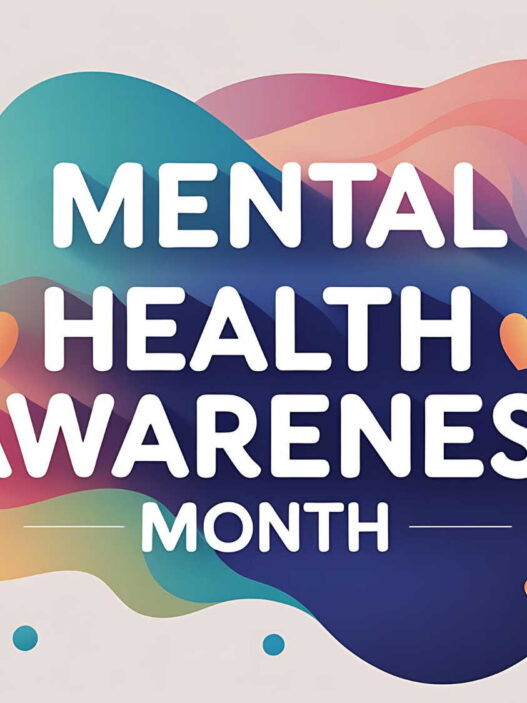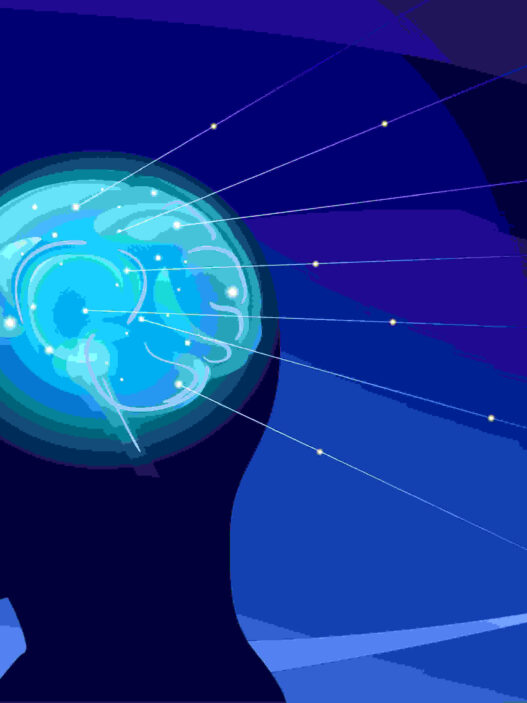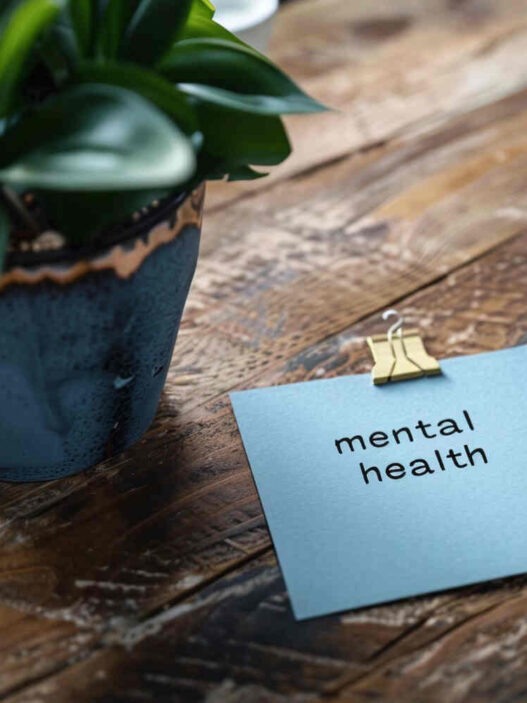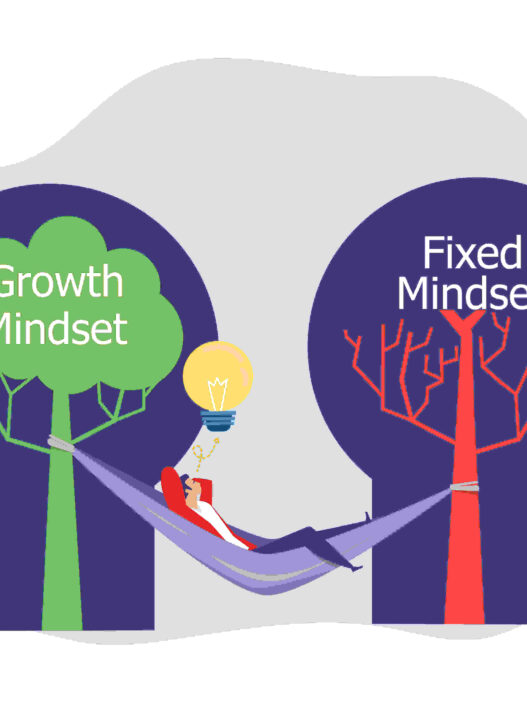Here is how to supercharge your brain with lifestyle choices and be healthy! Here is a reminder on ACLM 6 pillars of lifestyle medicine, AHA Life’s Essential 8 & NIA 7 lifestyle behaviors for cognitive health. Check out brain health initiatives on a global scale, the MIND diet, the thought leaders – Dr. Drew Ramsey, Dr. Wendy A Suzuki, Daniel Coyle and Jim Kwik’s 10 lifestyle choices, and my story and connection to brain health, seizures, and epilepsy.
The brain is a very complex, essential part of our central nervous system protected by our skull bones. The brain is important for a diverse array of functions, such as cognition, learning, detecting sensory information, movement, memory, and emotions. Neurons are the main functional unit present in our nervous system, with complex connections forming a network that travels across our entire body.
Our brain has an amazing capability to change. Although our brain capacity was once thought to be fixed, it is now clear that the brain can form new connections with structural or functional consequences (i.e., neuroplasticity) as well as grow new neurons (i.e., neurogenesis). This is exciting, as it means that we are able to have an impact on our brain health throughout our life, well beyond the rapid brain development associated with childhood (1, 2, 3). So, how do you supercharge your brain?

How can we promote neurogenesis and neuroplasticity?
You can personally supercharge your brain or influence brain health in a positive way by making good lifestyle choices. Lifestyle medicine is increasingly being recognized as an intervention that can prevent, delay, or even reverse the burden of chronic disease. I have summarized lifestyle choices suggestions from 3 different trusted sources below – ACLM 6 pillars of lifestyle medicine, AHA Life’s essential 8, and NIA 7 lifestyle behaviors for cognitive health. These lifestyle choices/ suggestions can be implemented to supercharge your brain and overall health.
The American College of Lifestyle Medicine (ACLM) – 6 Pillars of Lifestyle Medicine
The American College of Lifestyle Medicine (ACLM) identifies six pillars of lifestyle medicine, including –
(i) nutrition,
(ii) exercise,
(iii) quality sleep,
(iv) social connections/relationships,
(v) controlling stress, and
(vi) avoiding substance abuse such as smoking or excessive alcohol (4).
The American Heart Association (AHA) – Life’s Essential 8
The American Heart Association (AHA) advocates for cardiovascular health, including the prevention of stroke related to brain health. AHA has identified “Life’s Essential 8” focusing on 2 main themes: health factors and behaviors. Life’s Essential 8 includes controlling factors such as:
(i) blood pressure,
(ii) cholesterol,
(iii) blood sugar, and
(iv) weight as well as implementing healthy behaviors related to
(v) diet,
(vi) physical activity,
(vii) nicotine exposure,
(viii) and sleep duration (5).
Everyone should know and implement these Life’s essential 8 for cardiovascular and brain health.
The National Institute of Aging (NIA)
After the 6 pillars of lifestyle medicine and life’s essential 8 comes the 7 lifestyle behaviors for cognitive health. The National Institute on Aging (NIA) identifies these lifestyle behaviors you can implement to protect or improve your cognitive health as you age, including
(i) care for your physical health,
(ii) being physically active,
(iii) eating a healthy diet,
(iv) manage stress,
(v) social connection,
(vi) keep your mind active, and
(vii) reduce risks to your cognitive health (2).
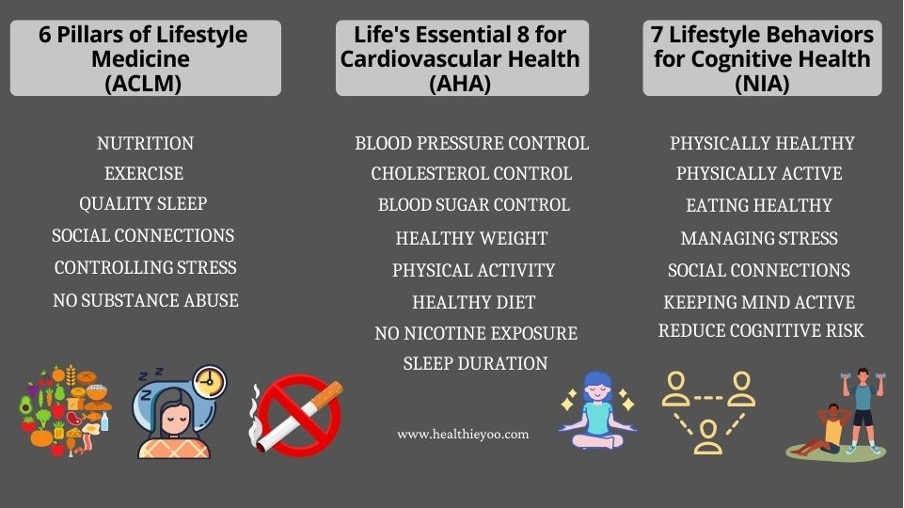
Brain Health Initiatives on a Global Scale
There are global efforts to support brain health. The World Health Organization (WHO) promotes brain health throughout life (6). Brain health initiatives are often connected with specific demographic groups (e.g., early childhood, the aging process, brain injury) or chronic diseases (e.g., heart disease, diabetes, and a variety of neurological diseases). There has been an increased focus on the development of strategies to measure and promote brain health, with significant grant funding being designated for brain health efforts. A complete listing of these efforts is beyond the scope of this review.
Overall, brain health efforts have been initiated at both the individual and community levels. Standard surveys have been a common, historical tool to collect data on the status of brain health. However, surveys have limitations in their ability to be comprehensive or result in targeted changes to promote brain health. New strategies being developed to enhance brain health initiatives include digital tools (e.g., training, communication, wearable monitoring devices, app-based programs), interaction with health coaches to supercharge your brain and facilitate lasting behavioral change (7), as well as longitudinal community data collection. It is an exciting time in the brain health field!
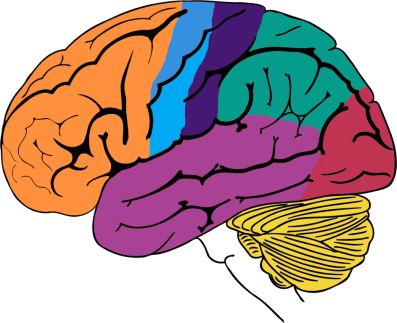
Lifestyle Choices and Brain Health
Living a healthy lifestyle and one’s lifestyle choices are important to support overall health, including a healthy brain. There is an extensive amount of research-based information to support this. Nutrition and Exercise, two pillars of lifestyle medicine, are discussed below as associated with brain health or for supercharging your brain. To accommodate different learning preferences, I have selected a variety of media, including scientific journals, books, web-based resources, and videos featuring distinguished thought leaders. This review is not meant to be comprehensive.
Nutrition and Brain Health
The MIND diet was developed through research conducted at Rush University Medical Center (8). The MIND diet is a hybrid of 2 commonly known strategies, the Mediterranean and DASH (Dietary Approaches to Stop Hypertension) diets. In fact, MIND stands for Mediterranean-DASH Intervention for Neurodegenerative Delay. A recent systematic review describes how the MIND diet appears to positively correlate with cognitive performance in older adults (8). The MIND diet continues to be ranked as one of the top 10 diets by the U.S. News & World Report (8).
Dr. Drew Ramsey, MD is a Clinical Professor at Columbia University College of Physicians and Surgeons (9). Drew Ramsey is a psychiatrist and founder of the Brain Food Clinic. Dr. Ramsey is the author of several books about food and mental health. He is passionate about the integration of psychiatry with nutrition. Drew Ramsey is a thought leader in nutritional psychiatry, with many invitations to speak at distinguished professional events, including one where he advocates for a brain food prescription (i.e., the use of a “Farmacy”) that will supercharge your brain or change your brain by the food that you eat.
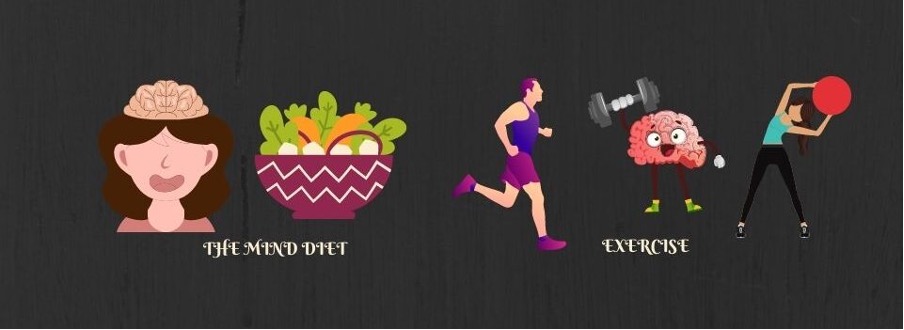
Exercise and Brain Health
Exercise is a key component that influences our health. Physical activity guidelines and recommendations are promoted on the national and worldwide levels. The Office of Disease Prevention and Health Promotion, a division of the Department of Health and Human Services, has established “Guidelines for Physical Activity for Americans” (10). These guidelines suggest a minimum of 150 minutes of moderate-intensity aerobic activity and 2 days of muscle-strengthening activity each week. The World Health Organization aligns with these recommendations through the WHO Guidelines on Physical Activity and Sedentary Behaviour (6).
Research on the impact of exercise supports these recommendations. A review published by the American College of Sports Medicine discusses the benefits of exercise on the brain, particularly focusing on the aging process where a decline in function is frequently seen (11). The paper illustrates the positive effect of exercise on several hallmarks of aging, including the reduction of inflammation, oxidative damage, metabolic dysregulation, molecular or cellular damage, and neurological damage.
Interestingly, it describes the potential application of this knowledge to the development of pharmaceutical interventions. As the authors note, living a healthy lifestyle and lifestyle choices that include exercise will provide the largest and most comprehensive benefits, something that could not be replicated in a pill.
Dr. Wendy A. Suzuki, Ph.D. is a Professor of Neuroscience and Psychology at the Center for Neural Science at New York University who has worked as a researcher in the neurosciences with a focus on memory and the effects of exercise on the brain (9). In fact, she changed her research focus to exercise after she noticed the positive effects of exercise in her own life. As an invited speaker at many distinguished events, she has shared her thoughts on the brain-changing benefits of exercise.
She once stated that “Moving your body has immediate, long-lasting and protective benefits for your brain and that can last for the rest of your life.” Short-term benefits of exercise include improved memory, mood, attention, focus, energy, and reaction time while long-term benefits can result in physical changes in anatomy, physiology, and function. She suggests that lifestyle choices such as exercise is a supercharged 401K for your brain, as exercise can prevent or delay brain diseases as we age.
Take Action to Shape Your Brain
If we can grow new neurons and make new connections in our brain throughout life, how? Below are 2 thought leaders that provide insights on how we can act today to supercharge your brain or support your brain health.
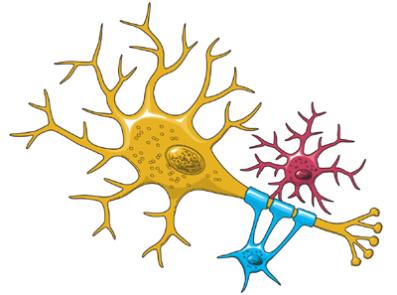
Jim Kwik is a Brain Coach, and author of the book “Limitless – Upgrade Your Brain, Learn Anything Faster, and Unlock Your Exceptional Life”, and has been invited to give many professional presentations about brain health (9). He shares how you can train your brain to enhance your focus, memory, and productivity. He discovered this power after a childhood accident that resulted in a severe brain injury. He now shares his knowledge to teach others the mindset, motivation, and methods to go where there are no limits.
Jim Kwik identifies 10 lifestyle choices that are important for brain health and you may use them to supercharge your brain. As you would predict, they are generally considered to be good for overall well-being. They are
(i) nutrition,
(ii) brain nutrients,
(iii) physical activity,
(iv) quality sleep,
(v) limit stress,
(vi) limit negative thoughts,
(vii) choose a positive peer group,
(viii) maintain a clean/organized environment,
(ix) brain protection, and
(x) be a life-long learner.
Jim Kwik shares how to unlock your super brain by going beyond WHAT to learn to understand HOW to learn. He defines 6 skills to learn things faster summarized in the acronym “BE FAST”. They are –
(i) Belief,
(ii) Exercise,
(iii) Forget,
(iv) Active,
(v) State, and
(vi) Teach.
You need to believe in yourself, and build mental strength through active learning by facilitating a state suitable for learning to a point where you could teach someone else.
Daniel Coyle is a best-selling author of the book “The Talent Code – Greatness Isn’t Born. It’s Grown. Here’s How.” (9) Daniel Coyle defines 3 key elements that anyone can use to promote the development of gifts and optimize performance. They are –
(i) deep practice,
(ii) ignition, and
(iii) master coaching.
Daniel Coyle formulated these elements after collecting data from what he calls “talent hotbeds”, where clusters of extraordinary talent were present in a way not representative of the general population. The key to developing your skill is through intense, repetitive practice, igniting your sustainable motivation, and getting specific, timely, and honest support.
My Story – Taking a Look Inside My Brain
I became a personal case study in brain health during my navigation through epilepsy management. As a scientist, I was fascinated by the data collected about me and decided to pursue invasive brain surgery when medication efforts to control my seizures were no longer effective. During my pre- and post-surgical testing, I learned a lot about my brain. We discovered that I had bilateral language and memory scores.
This indicated that both sides of my brain contributed to these functions in a unique way and predicted that I would have a lower risk for any loss of function. Neuropsychological evaluation performed before and after the brain surgery demonstrated that I retained my intellectual capabilities. I have now been seizure-free for 15 years.
My Story and Connection to Brain Health
I was born almost 2 months premature. My seizures might be related to brain damage that could have occurred during some infantile seizures I had in my first year of life. Many brain regions are highly susceptible to damage, particularly early in development. I might have benefited from the magical ability to grow new neurons and make new connections in the brain.
Combined with good lifestyle choices, this could have contributed to helping my brain recover and develop ways to gain essential functions using the parts of my brain that remained healthy. This has made me appreciate how important it was that I lived a healthy lifestyle as a child and compels me to continue to supercharge my brain for the rest of my life!
Lifestyle choices matter! Supercharge your brain!
Sources
- CDC – Early Brain Development
- NIA – National Institute on Aging –Cognitive Health and Older Adults | National Institute on Aging (nih.gov)
- NINDS – National Institute of Neurological Disorders and Stroke –
- Brain Basics: Know Your Brain – https://www.ninds.nih.gov/health-information/patient-caregiver-education/brain-basics-know-your-brain
- Brain Basics: The life and death of a neuron – https://www.ninds.nih.gov/health-information/patient-caregiver-education/brain-basics-life-and-death-neuron
- ACLM – American College of Lifestyle Medicine – Pillars of Lifestyle Medicine
- AHA – American Heart Association – Life’s Essential 8 | American Heart Association
- WHO
- Brain Health – https://www.who.int/health-topics/brain-health#tab=tab_1
- Guidelines on physical activity and sedentary behaviour –https://www.who.int/publications/i/item/9789240015128
- NBHWC – National Board for Health & Wellness Coaching (NBHWC) – https://nbhwc.org/
- Kheirouri, S. & Alizadeh, M.(2021) MIND diet and cognitive performance in older adults: a systematic review, Critical Reviews in Food Science and Nutrition, DOI: 1080/10408398.2021.1925220
- MIND diet – RUSH University – The Brain-Healthy MIND Diet | Rush System
- Best Diets of 2022 Include Rush’s MIND Diet
- Thought Leader Information
- Coyle, Daniel – best-selling author of the book information and video “The Talent Code – Greatness Isn’t Born. It’s Grown. Here’s How.”
- Kwik, Jim – (1) https://www.jimkwik.com; (2) Mindvalley talk#1: 10 Things That Will Change Your Life Immediately; (3) Mindvalley talk #2: Unleash your Super Brain to Learn Faster
- Ramsey, Drew, MD – (1) https://drewramseymd.com; (2) TED talk: Drew Ramsey | Brain Food Prescription from the Farmacy | TEDxBloomington
- Suzuki, Wendy, PhD – (1) Wendy Suzuki Website; (2) TED talk: Wendy Suzuki | The Brain-Changing Benefits of Exercise | TED Women | 2018
- USDA – ODPHP – Physical Activity Guidelines for Americans – https://health.gov/our-work/nutrition-physical-activity/physical-activity-guidelines
- Wahl, D., Cavalier, A.N., and LaRocca, T.J. (2021). Novel Strategies for Healthy Brain Aging. Exercise and Sport Sciences Reviews. American College of Sports Medicine. 49 (2): 115-125. https://www.ncbi.nlm.nih.gov/pmc/articles/PMC7967995/pdf/nihms-1656166.pdf.
Image Credit - National Institute of Neurological Disorders and Stroke (NINDS) website, United States.

Tami Maier, Ph.D., NBC-HWC is a National Board-Certified Health & Wellness Coach and has a graduate degree in biomedical sciences. She supports others using her perspective gained in former professional roles as a biomedical scientist and a workplace health and safety officer as well as through her personal proactive management of the chronic condition epilepsy. Tami enjoys soccer, gardening, and hiking in nature. She is passionate about physical fitness, balanced nutrition, brain health, and healthy aging.





